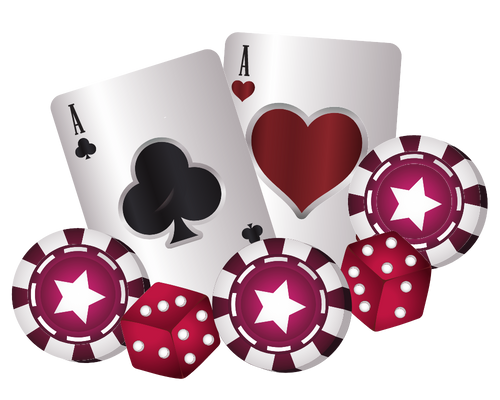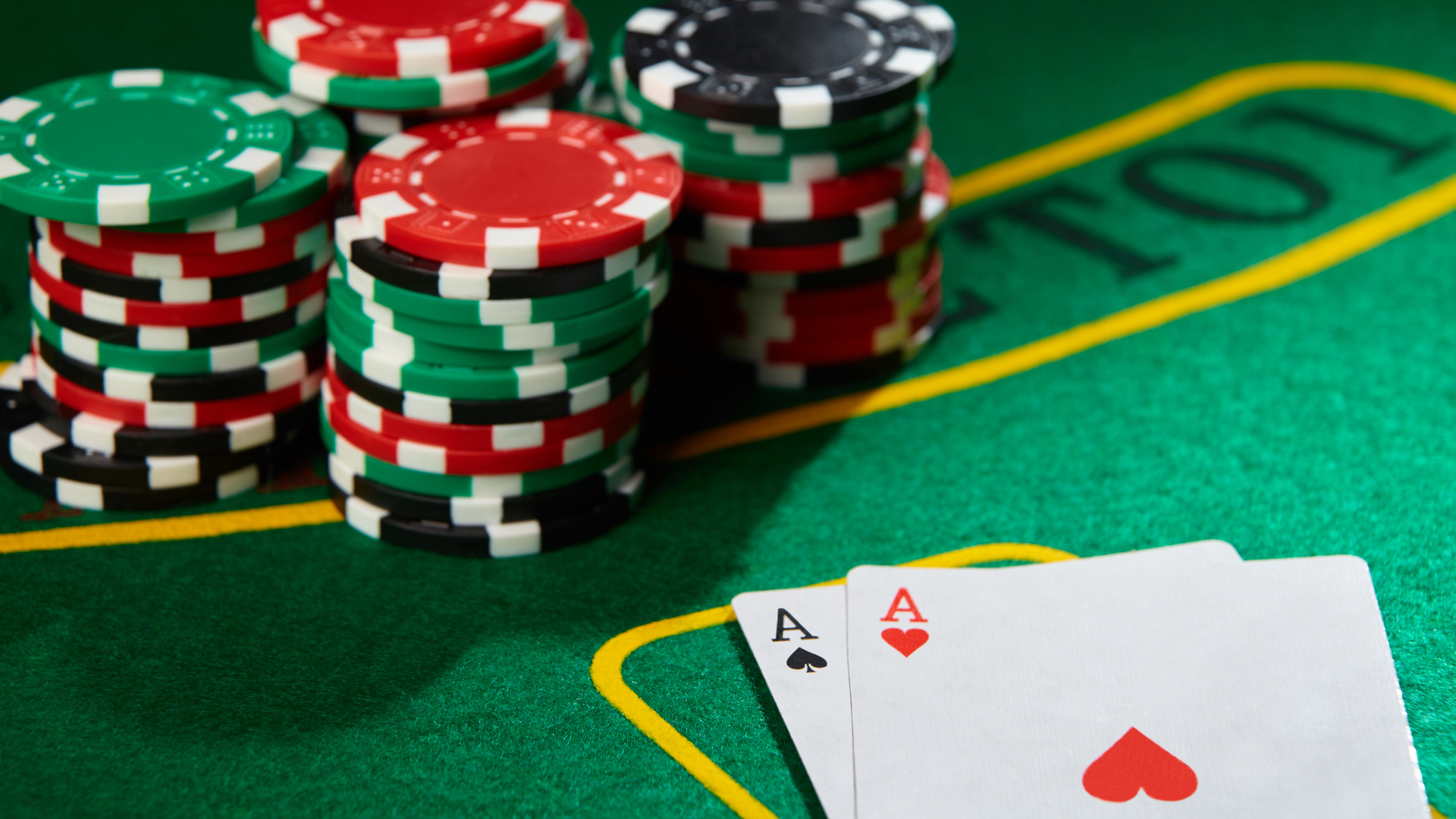
Blackjack Strategy
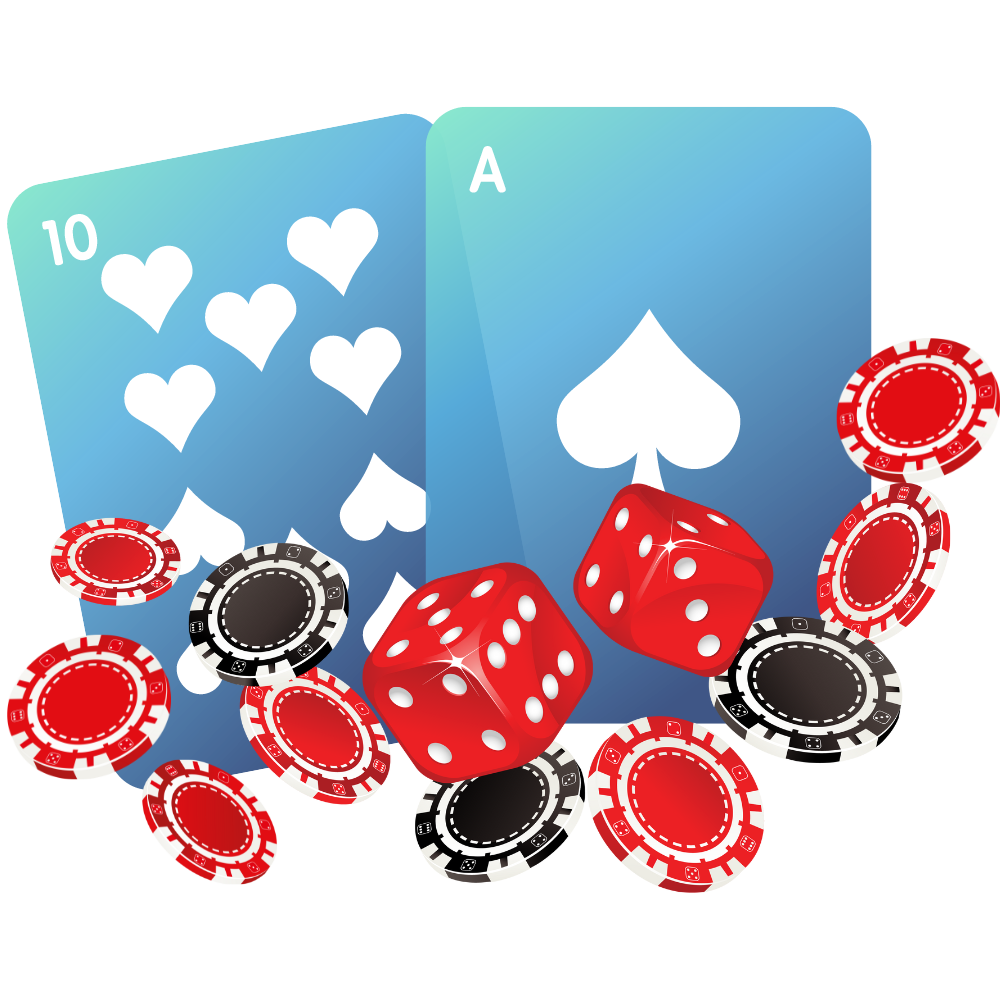
❖❖❖❖❖ BLACKJACK STRATEGIES ❖❖❖❖❖
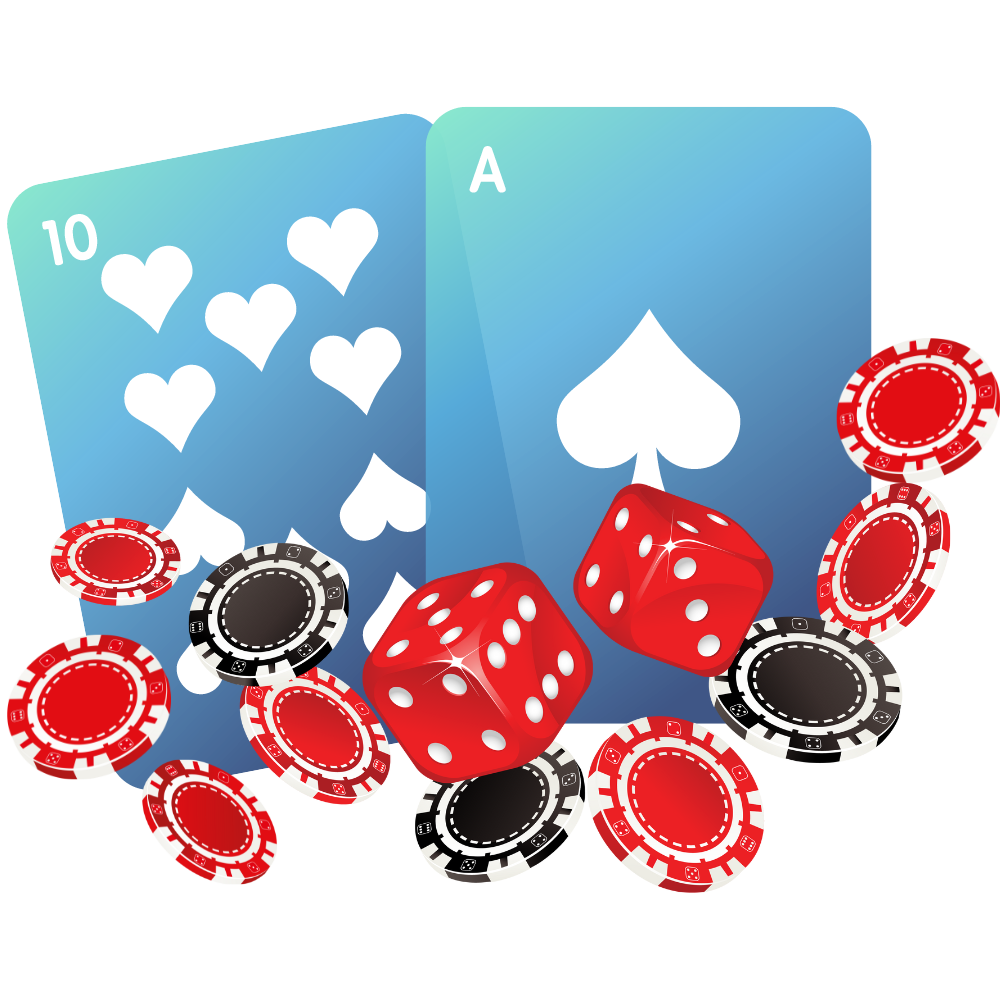
❖❖❖❖❖ BLACKJACK STRATEGIES ❖❖❖❖❖
❖❖❖❖❖ ensure yourself a win ❖❖❖❖❖
Basic knowledge of blackjack strategy
Although there is no foolproof way to ensure yourself a win, using a well-practiced strategy can massively increase your chances of winning a game. This can be done first by knowing the value of the cards, then by mastering card counting in order to know when it is better to stand or hit.
1. The aim of the game is to beat the dealer by getting as close to 21 as you can, without going over it. If your card total is higher than 21 you’re out, and you’ll lose your bet.
2. Players will get two cards, to begin with. You’ll only see one of the dealer’s cards, but the players’ cards are both face-up.
3. Different variants of the game will have slightly different rules, affecting for example when a player is allowed to surrender or when the dealer must hit/stand, so be sure to check this out.
4. If you get a score of 21 you will likely get 1.5x your total bet, however, this depends on the rules of the individual casino.
❖❖❖❖❖ Card Values in Blackjack ❖❖❖❖❖

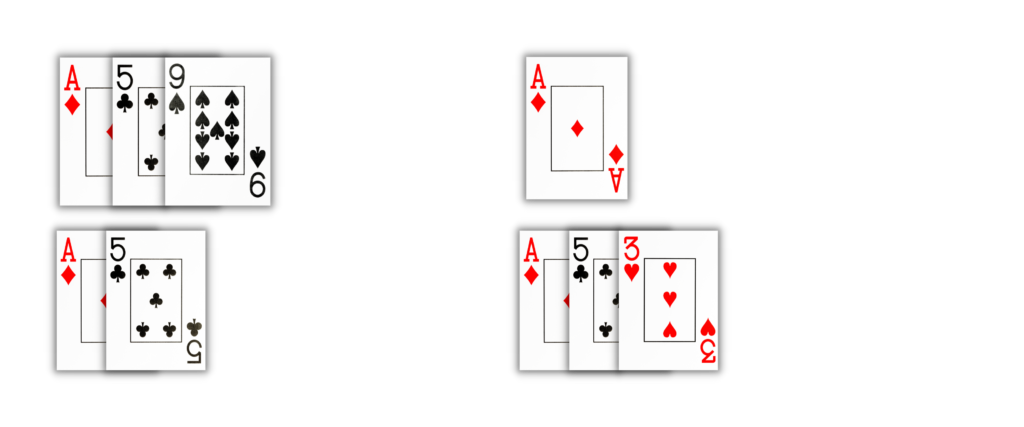
❖❖❖❖❖ BETTING SYSTEMS❖❖❖❖❖
Blackjack Betting Systems
Blackjack has inspired many different repetitive/sequential betting systems. These systems apply to a series or sequences of plays, defined through repetitive (or sequential) play. Applying one of these systems is distinctly different from playing a game strategy. Some players use systems to improve their chances of beating the dealer. Below, are a few of the most common ones.
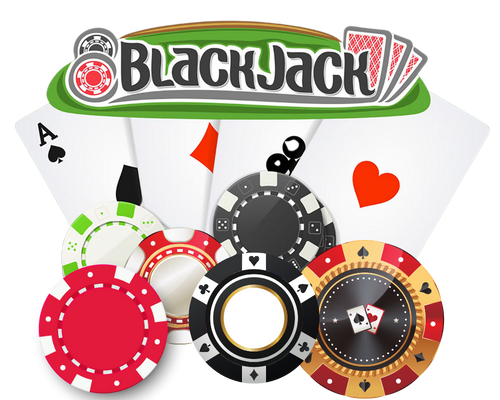
Martingale
d’Alembert
Fibonacci
1-3-2-6
Parlay
Oscar’s Grind
Players double their bets when they are losing. This strategy can get you back on even ground, wiping out your losses with one big winning bet. But it is risky!
When using d’Alembert, players raise their bets by one unit every time they lose. When they win, they lower their bets by one unit. It’s known as one of the safer betting systems.
This system is based on a famous mathematical sequence called the Fibonacci sequence. In this, each number is the sum of the two previous numbers. The sequence goes like so: 1, 1, 2, 3, 5, 8, 13, 21, 34, and so on. As a betting system, players’ bets progress along the Fibonacci sequence each time they lose. If they win, they stick with the number they were on when they won. The strategy is similar to Martingale but is somewhat less aggressive.
Known as a split strategy, 1-3-2-6 sees players bet 1, 3, 2 and 6 units consecutively. Unit bets only go up if the player wins. If the player loses, they remain on 1 unit until they win again.
This is what’s known as a positive progression betting system. In Parlay, the idea is to create a pyramid of winnings. If the player wins, he/she will bet the winnings and the original bet. If the player loses, he will bet his/her original amount.
Originally designed for the game of craps, Oscar’s Grind has been successfully applied to Blackjack. The system is a progressive one, which sees bets increase by one unit if the player wins. Every time the player wins, the bet is doubled again.
Blackjack Glossary
Below are the top terms used by players and dealers when playing Blackjack.
| Term | Definition |
|---|---|
| Bankroll | The sum of all money that you have access to for gambling purposes. Keep this separate from the college fund! |
| Burn Card | This is the first card drawn from the top of the deck. Named because it is “burned” (removed from the deck) to disrupt the order of the cards and foil attempts at cheating. |
| Bust | A hand that is worth more than 21. This automatically results in a loss of your bet and can only be achieved after “hitting”. A bust is always avoidable since your starting two cards can never be worth more than 21. |
| Card Counting | A potentially effective system of tracking the cards that remain in a blackjack deck to determine the likelihood of the dealer “busting”. Card counting is never effective online, as a random number generator is used. |
| Deck Penetration | The percentage of cards that have been in play since the previous shuffle. Important information for card counters. |
| Double Down | The choice to double your original bet (typically with a strong hand) with the limitation that you must accept exactly one more card. This cannot be performed on a hand that contains more than two cards. |
| Face Cards | These are the Kings, Queens, and Jacks in a deck. |
| Flat Betting | Betting the same for each hand. No variation in bet size. Typically considered a bad strategy, though it makes sense if you aren’t counting cards. |
| Griffin Book | A listing of known card counters (referred to as a black book) circulates among casino security workers in brick-and-mortar casinos. It is named after Griffin Investigations: the company that is responsible for publishing and circulating this document. |
| Hard Hand | A hand that can only have one value – either without any aces or a hand with a high enough value that any aces can only be worth 1. |
| Heads Up | When there is only one player playing at the blackjack table. Most online games are played heads-up. |
| Hit | Requesting an additional card from the dealer in hopes of improving one’s blackjack hand. |
| House Edge | Generally, house edge refers to the casino’s long-term advantage, expressed as a percentage of the player’s initial bet. House edge for a certain bet is the difference between the payout percentage offered by the casino when you win that bet, and the real probability of that event occurring. House edge is specific to games, bets, players, and strategies. |
| Natural | A hand that does not require any action to be worth 21. Only contains two cards. This hand cannot lose. |
| Paint | A slang term used by blackjack players to refer to face cards. |
| Push | Tying with the dealer with a non-busted hand; results in neither a win nor a loss. |
| Soft Hand | Any hand that contains one or more aces that can be worth either 1 or 11. Since this hand has a degree of flexibility, it protects you from busting after a hit. |
| Surrender | The decision to forfeit a blackjack hand and have half of your wager returned to you. This cannot be performed after any other action (e.g. hitting, doubling down, etc). It’s just based on receiving an unfortunate hand at the start. |
| Up Card | The dealer’s card faces up. It provides valuable information for any player attempting to follow basic strategy or count cards because it clues you into the house’s prospects. |


